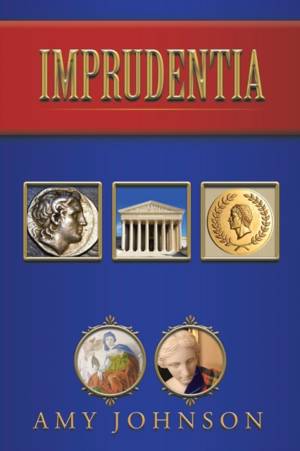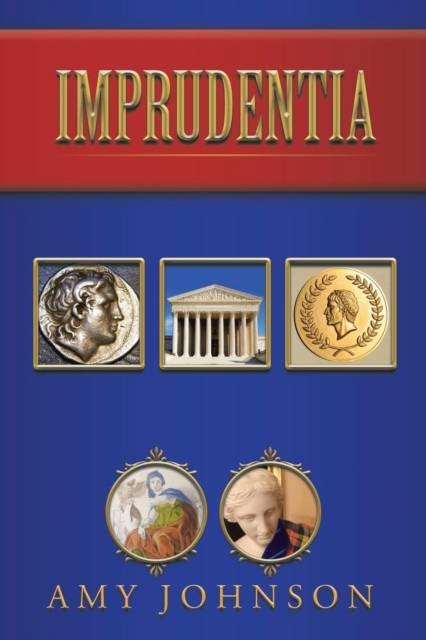
- Retrait gratuit dans votre magasin Club
- 7.000.000 titres dans notre catalogue
- Payer en toute sécurité
- Toujours un magasin près de chez vous
- Retrait gratuit dans votre magasin Club
- 7.000.000 titres dans notre catalogue
- Payer en toute sécurité
- Toujours un magasin près de chez vous
Description
This book addresses three Roman law principles and is based on them. It is presented in three forms, the first (Imprudentia-Dolus Malus) is a dialogue between a Caesar and his beloved praetor and is more an impressionist work on Roman legal reforms rather than a purist academic treatise. It expounds on the legal principle of Imprudentia and the consequences of unwise, injudicious, incautious, unwary, ill-considered, ill-judged, ill-conceived, impolitic, misguided, ill-advised, thoughtless, unthinking, imprudent, shortsighted, foolish, careless, hasty, overhasty, rash, reckless, heedless, foolhardy actions in the judicial sphere. The second part is based on the Latin expression "casus belli," meaning an act or event that provokes or is used to justify war and literally that which makes a case for war. A casus belli comes into play and involves direct offences against a nation, declaring the war. The poetical expressions explore the Indo-Greek myths, legends, thinking, and philosophies on a day-to-day basis in a normal Indo-Greek household, where Alexander the Great is fondly known as Sikander the Great, a Sanskrit term. The final part of the book is an academic thesis presented against the death penalty in the United States of America under the Latin maxim "Jus cogens," a principle of compelling law, norm, or philosophy from which no derogation is permitted. The paper presents the exhaustive philosophies of juris doctors (both classical, like the Roman Emperor Justinian, and modern) and why they the jurist doctors and legal scholars deem that the Death penalty must be abolished in the United States of America and the wider world.
Spécifications
Parties prenantes
- Auteur(s) :
- Editeur:
Contenu
- Nombre de pages :
- 534
- Langue:
- Anglais
Caractéristiques
- EAN:
- 9781728383309
- Date de parution :
- 28-01-19
- Format:
- Livre broché
- Format numérique:
- Trade paperback (VS)
- Dimensions :
- 152 mm x 229 mm
- Poids :
- 775 g







